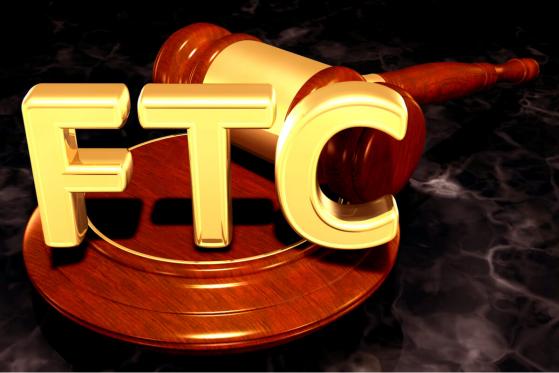Too many people are still not heeding this old age adage:
“If it sounds too good to be true, it probably is.”
This was made clear by the Federal Trade Commission (FTC), which found consumers lost $542 million to cryptocurrency-related scams in the first two months of 2018.
The commission’s findings were detailed at its “Decrypting Cryptocurrency Scams" workshop held earlier this week.
Let’s go over some of the points made.
This ain’t our first rodeo
Scammers using novel technologies to defraud consumers is nothing new for the FTC, noted its director, Andrew Smith.
He said that the commission’s focus on scammers today should not detract from the many pro-consumer innovations that Blockchain technologies provide. For the past few years, the FTC has taken a closer look at emerging technologies, including cryptos, which Smith acknowledged have the potential to alter many of our financial transactions.
“We can attack and mitigate scams and can remove impediments to technology innovators who play by the rules.”
On the list of areas in which the FTC has cracked down on are:
- So-called crypto jackers who tap others’ computers to mine coins
- Deceptive mining machine marketers
- Fraudulent crypto investment schemes
Smith warned that the $542 million of losses could easily reach into the billions of dollars before this year’s end. Specifically, he said losses could reach $3 billion by the end of the year.
Top officials speak out
The event brought together law enforcement officials, consumer advocacy groups and private-sector businesses. The goal was to explore how scammers are exploiting public interest in cryptocurrencies, such as Bitcoin and Litecoin.
The workshop was hoped to empower consumers, and help them protect themselves when investing in the crypto space.
On hand at the workshop was Joe Rotunda, the Director of the Texas State Securities Board Enforcement Division. He’s become well-known for stopping or shutting down crypto scammers that try to set up shop in Texas.
Although his state is perhaps the most aggressive in the U.S. in stamping out crypto-related fraud, he sees regulators as being very important in the quest to root out bad actors.
"Regulators need to number one, identify companies that are trying to do it right and work with [them]. The companies that are trying to do it right [should] get a telephone call from the regulator, not a cease-and-desist order, right? Not a lawsuit. We can usually work with them. We need to identify the fraudulent schemes and we need to act quickly and stop them."
FOMA and greed are recipes for disaster
Many who have jumped into crypto investing are driven by the so-called FOMA, or fear of missing out. Just as many are easily lured because of promises of high returns, said Peter Van Valkenburgh, the director of research for Coin Center.
At the workshop, he said:
"I think nobody should ever buy any more cryptocurrency, put anymore [into] cryptocurrency than what they are completely willing to lose … if you are willing to participate at all. That is a message that needs to be repeated and repeated."
Telltale signs it’s a scam
The speakers agreed that the main telltale sign that a crypto-related investment is a scam relates to the sales tactics being used to peddle it. If the tactic involves being pressured into investing immediately because you could miss out, it’s likely a scam.
Also, if you don’t understand the investment, just steer clear.
While they are great sources to meet others in the crypto space, Meetups are being used to facilitate scams, too, according to Maria Vasek, assistant professor in the Computer Science department at the University of New Mexico.
She said some of the people running these crypto-related Meetups are scammers preying on unwitting people who think attending these gatherings will be of help. Vasek said that often attendees are peddled some crypto-related product that’s part of a scam.
Smith said the FTC is committed to rooting out the bad actors, and we’ll keep you posted about any new developments related to their efforts.
This article appeared first on Cryptovest
